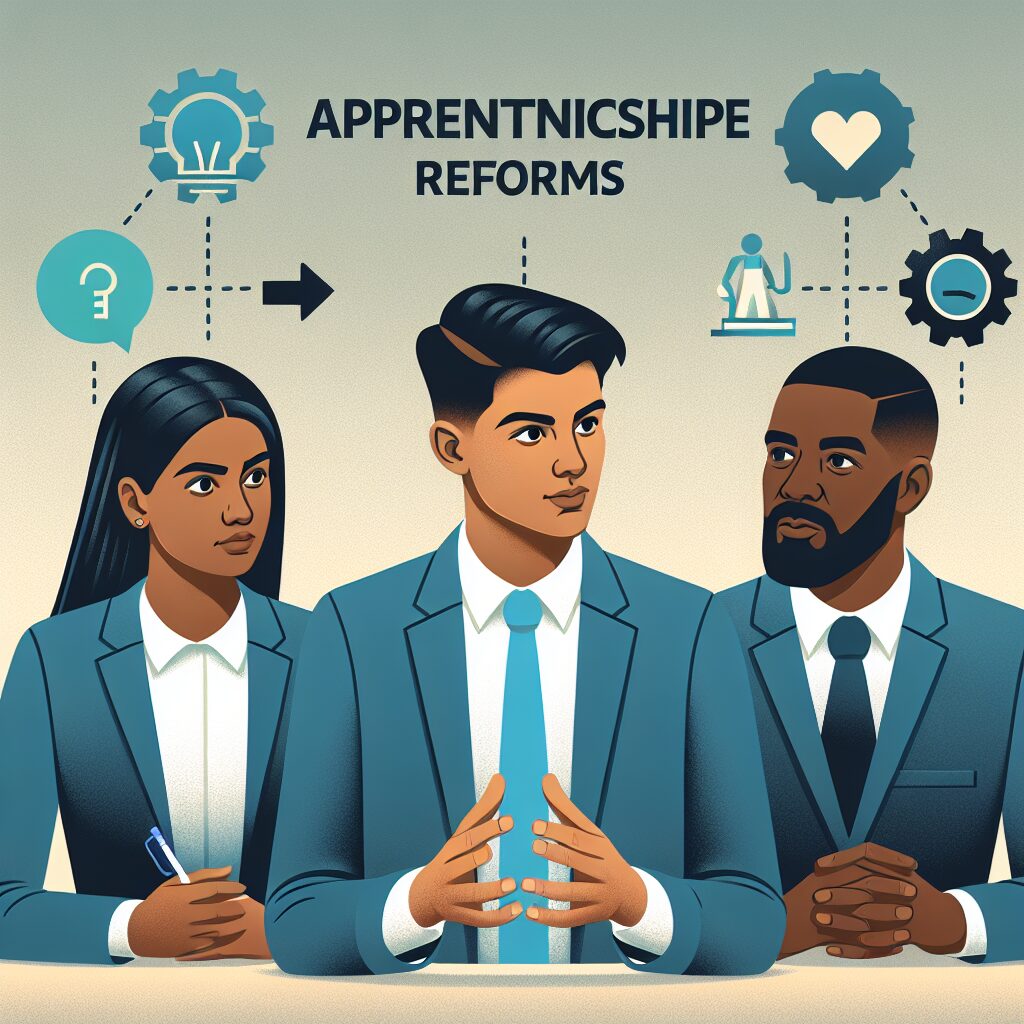
Navigating Assessment Reforms: The Risks of Losing Transparency in Apprenticeships

Assessment Reforms: Are We Losing the Plot?
Alright, let’s get to the heart of the matter. Assessment reforms have become a bit of a buzzword lately, and while I appreciate the intention behind these changes, I can’t help but feel they’re missing the mark. As someone who’s been around the block a few times—trust me, I’ve seen more than a few reforms—I think it’s time we had a proper chat about what’s at stake.
The Current State of Affairs
Let’s start with the End-Point Assessment (EPA). At present, employers have access to some pretty valuable insights. They know that:
- Every Knowledge, Skills, and Behaviours (KSB) aspect has been examined thoroughly.
- The assessment methods in play are entirely transparent.
- An independent and respected organisation oversees the whole assessment process.
- Assessments only happen after an individual has completed their learning journey.
This level of transparency is incredibly reassuring for employers. It’s one thing to hire someone with a shiny qualification, but it’s another to know they’ve genuinely proven their abilities. It’s that peace of mind that builds confidence in recruitment, and frankly, we need more of that.
So, What’s Changing?
Now, with the proposed new arrangements, things are looking a bit murky. The clarity that we’ve come to rely on might just evaporate, leaving employers scratching their heads. How can they make informed decisions about potential hires if they aren’t certain of candidates’ qualifications?
It’s baffling to think we might actually lose confidence in recruiting qualified apprentices. How can that be progress? We’re talking about future career pathways for young people here, and their skills are essential for keeping UK businesses thriving.
The Importance of Transparency
Let’s take a moment to consider the importance of transparency. Businesses depend on trust. If employers are left wondering whether an apprentice’s qualification is worth the paper it’s written on, that trust crumbles. It’s like trying to build a house on sand instead of solid ground.
Imagine you’re hiring for a key role in your organisation. Would you feel comfortable bringing someone on board without knowing the depth of their training and learning? I certainly wouldn’t. In fact, I remember hiring an apprentice years ago who came with glowing references, but it was their hands-on experience during the EPA that really sealed the deal. That real-world assessment validated their skills in ways a generic certificate simply couldn’t.
Reforming with Purpose
So, what can we do? It seems to me that we need reforms that enhance accountability rather than diminish it. We should be looking at methods that maintain rigorous standards while ensuring candidates are fully prepared for the jobs they are stepping into.
This calls for a more collaborative approach, involving employers, training providers, and the assessing bodies. We need to keep the communication channels open and ensure everyone is on the same page. It’s not just about ticking boxes—it’s about creating pathways for talented individuals to showcase their skills effectively.
A Call for Reflection
You know, I often ponder the role of education and training in our economy. Are we really doing enough? It’s vital we keep questioning our approaches to assessment and remain open to constructive dialogue. After all, it’s not just about making changes for the sake of it; it’s about understanding the impact on our future workforce.
So, what do you think? Are these proposed reforms a step in the right direction, or are we setting ourselves up for disappointment? Let’s engage in this conversation together. After all, the future of apprenticeships and skilled labour in the UK depends on it.
Join the discussion and share your thoughts. Your insights could spark the change we need!



